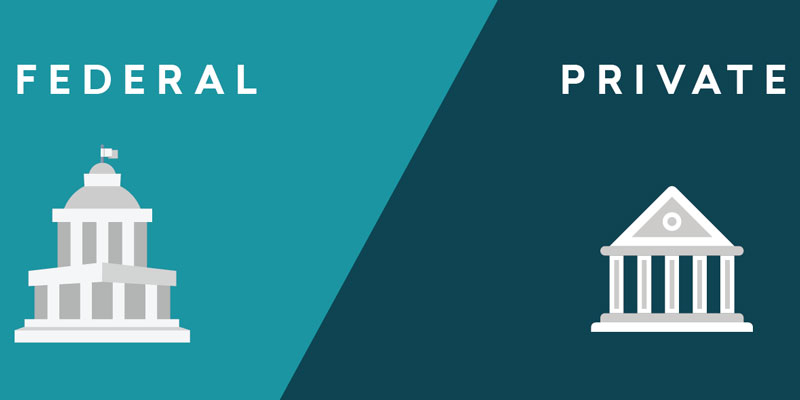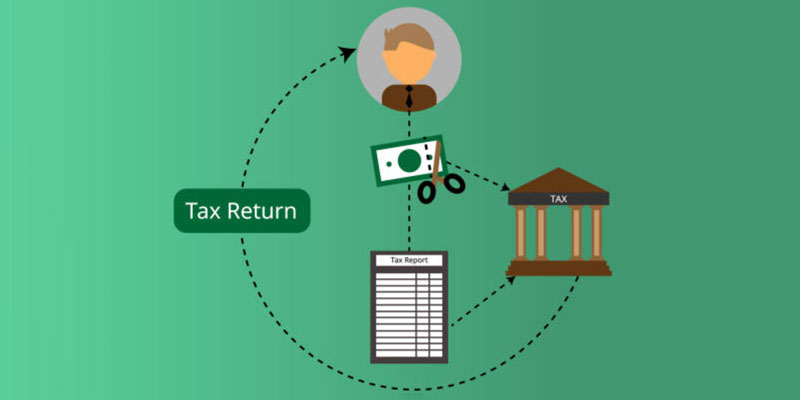Jul 01, 2023 By Susan Kelly

Are you considering using your rent payments to pay for your mortgage? It can be an appealing idea, especially if you are trying to save money. On the surface, renting out part of your home is a great way to cover the costs of owning it.
However, much more goes into this decision than meets the eye, and you must consider all aspects before making a final call on whether or not to use rental income to pay off your mortgage.
In this blog post, we will explore both sides of the equation so that you can better understand what options are available and decide what's best for your unique situation.
Understanding Rent and Mortgage Payments
Rent is the payment made by a tenant to a landlord in exchange for the right to occupy and use a property. It is typically paid monthly and serves as compensation for using the property.
The purpose of rent is to provide a financial return to the property owner and cover the costs associated with property ownership, such as mortgage payments, property taxes, maintenance, and insurance.
Rent provides tenants the convenience and flexibility of living in a property without the long-term commitment and financial responsibilities of homeownership.
Rental Property Investment

Rental property investment involves purchasing a property to rent it out to tenants. It is a real estate investment where the owner generates income through rental payments. The property can be a residential home, apartment, condominium, or commercial space.
The investor becomes the landlord and assumes responsibilities such as property maintenance, tenant management, and ensuring a steady rental income stream.
Pros Of Investing In Rental Properties
Potential income and cash flow
Rental properties can provide a regular income stream, especially if the rental income exceeds the expenses associated with the property.
Appreciation and equity building
Properties can appreciate over time, allowing the investor to build equity and gain a profit upon sale.
Tax advantages
Tax deductions for things like mortgage interest, property taxes, insurance, maintenance costs, and depreciation are available to landlords who own rental properties.
Portfolio diversification
A significant complement to a portfolio of investments, real estate can provide diversity from other asset classes like equities and bonds.
Potential for long-term wealth
Successful rental property investments can provide long-term wealth accumulation and financial security.
Cons of Investing in Rental Properties

Initial capital requirements
Purchasing a rental property often requires a substantial upfront investment, including down payments, closing costs, and renovations or repairs.
Property management responsibilities
Being a landlord entails various responsibilities, including property maintenance, finding and managing tenants, addressing tenant issues, and complying with legal and regulatory requirements.
Market risks and vacancies
Rental income can be impacted by economic conditions, local housing market fluctuations, and vacancy periods, which may lead to income disruptions.
Potential property-related expenses
Property repairs, maintenance costs, insurance, and property management fees can impact profitability and cash flow.
Legal and regulatory considerations
Landlords must comply with local laws, regulations, and rental agreements, which can be complex and may involve additional costs and obligations.
How to find properties that offer rent-to-own options
Finding properties that offer rent-to-own options requires some research and a combination of various strategies.
Here are some steps you can take to find such properties:
Online Real Estate Listings
Start by searching popular real estate platforms and websites specializing in property listings. Look for properties explicitly mentioning rent-to-own or lease option terms in their descriptions. Use keywords such as "rent-to-own," "lease option," or "seller financing" when conducting your searches.
Real Estate Agents
Contact local real estate agents and let them know you want to find rent-to-own properties. Experienced agents often know such opportunities and can assist you in your search.
Networking
Attend your area's real estate investment clubs, networking events, or seminars. Connect with fellow real estate investors, agents, and professionals who may have information about properties available for rent-to-own arrangements.
Direct Outreach
Take a proactive approach by contacting property owners directly. You can search public property records or online directories to find property owners in your target area. Send letters or make phone calls to inquire about any potential rent-to-own opportunities they might consider.
Local Newspapers and Classified Ads
Check local newspapers, community bulletin boards, and classified ads sections. Sometimes, property owners advertise rent-to-own opportunities in these traditional mediums.
Social Media and Online Forums
Join real estate investment groups or forums like Facebook, LinkedIn, or specialized real estate forums. Engage with the community, ask for recommendations, and share your interest in finding rent-to-own properties. Other investors or industry professionals may provide leads or insights.
Tips for negotiating the best terms with landlords
Negotiating favorable terms with landlords can help you secure a rental property that meets your needs while potentially saving you money.
Here are some tips to help you negotiate the best terms:
Research the Market
Before starting negotiations, gather information about the rental market in the area. Understand the average rental prices, vacancy rates, and special offers or incentives available. This knowledge will give you leverage during negotiations.
Be Prepared
Create a list of your desired terms and priorities. Determine what aspects of the rental agreement are most important to you, such as rent price, lease duration, pet policies, maintenance responsibilities, or any specific requirements you may have. Knowing your priorities will help guide your negotiations.
Build a Rapport
Establish a positive and respectful relationship with the landlord. Communication is key. Engage in friendly conversations, show interest in the property, and demonstrate that you are a responsible tenant. Building rapport can increase your chances of the landlord being open to negotiations.
Highlight Your Qualifications
Present yourself as a desirable tenant by emphasizing your strengths. Share information about your stable income, good credit history, positive rental references, or any other relevant qualifications that make you an attractive candidate. Landlords are more likely to negotiate with reliable tenants.
Offer Something of Value
If you are looking for better terms, consider offering something in return. For example, you might propose a longer lease term, paying several months' rent in advance, or agreeing to take care of minor repairs or maintenance tasks. Providing an incentive can make your negotiation more enticing to the landlord.
Put It in Writing
Once you have agreed with the landlord, ensure that all negotiated terms are documented in the lease or an appendix. Having written proof of the agreed-upon terms helps protect both parties and prevents misunderstandings.
Remember to approach negotiations with a positive attitude, be respectful, and maintain open lines of communication. Both parties should feel heard and valued throughout the negotiation process.
FAQs
What is the mortgage?
A mortgage is a loan from lenders such as banks and other financial institutions to purchase a property. The borrower pays back the loan with interest over some time, usually in monthly installments.
Can I use the rent to pay my mortgage?
Yes, you can use your rental income to pay your mortgage, provided the lender allows it. However, most lenders prefer that you have sufficient income to cover the mortgage payments.
What happens to equity when you pay off your mortgage?
When you pay off your mortgage, any remaining equity in the property becomes yours. Equity is the value of your home minus any outstanding mortgages or other liens. Essentially, it is the difference between what you owe on the property, and what your home is worth.
Conclusion
As you can see, there are many considerations when considering rent and mortgage payments. Whether you're an avid investor looking to secure an income stream or someone wanting to purchase a house for the first time and take advantage of rent-to-own options, understanding the pros and cons of rental property investment is essential.
The question remains: if you can use rent to pay your mortgage? The answer is yes; however, the decision should be taken seriously, as investing in rentals requires a good understanding of the risks involved.
-
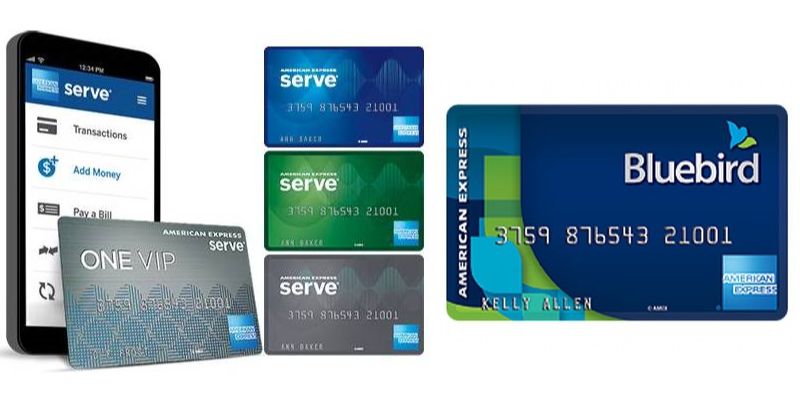
A Prepaid Debit Card with Fewer Fees: American Express Bluebird Review
Jun 12, 2023
-

Can You Use Rent to Pay Your Mortgage
Jul 01, 2023
-
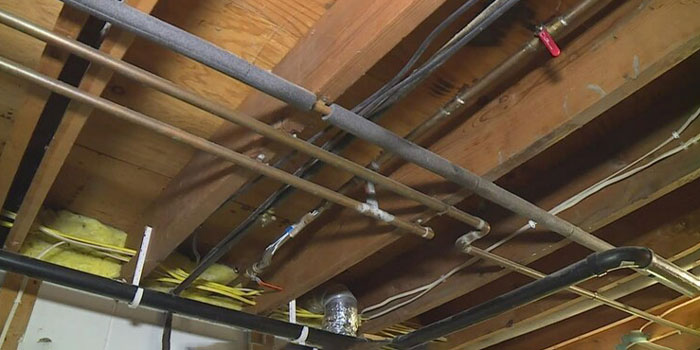
Why Should You Purchase Sewer Line Insurance?
May 25, 2023
-

Popular Investment Trends Right Now
Aug 22, 2023
-

Converting Your IRA Into a Health Savings Account
Aug 12, 2022
-
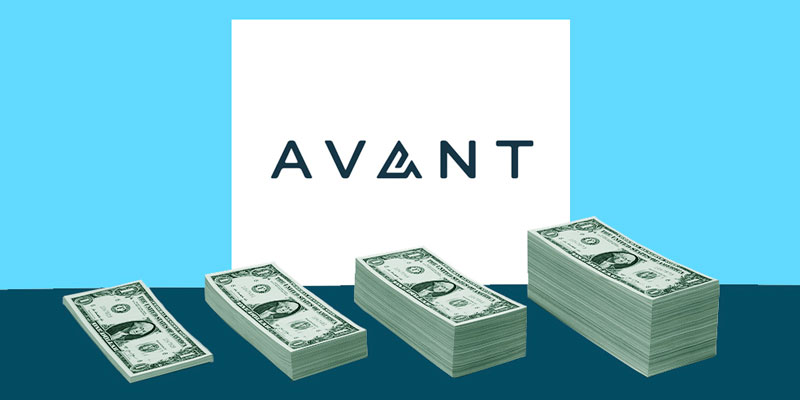
A Complete Review On Avant Personal Loans
Aug 01, 2022
-

How to Generate Passive Income with No Initial Funds
Jun 11, 2023
-

What Is Short Interest?
Aug 15, 2022

